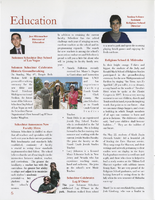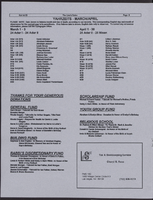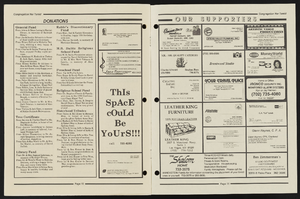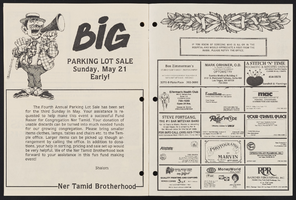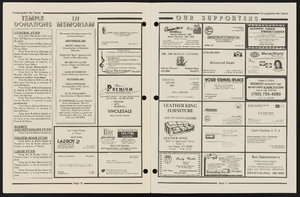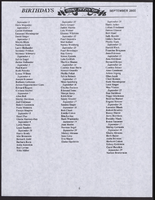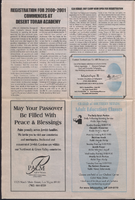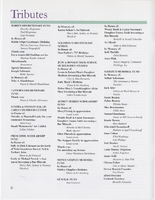Search the Special Collections and Archives Portal
Search Results
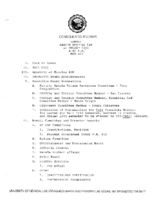
Meeting minutes for Consolidated Student Senate, University of Nevada, Las Vegas, August 16, 1983
Date
1983-08-16
Archival Collection
Description
Includes meeting agenda and minutes.
Text

"Some Effects of Repression Films of Hollywood's Golden Age on the Civil Rights Movement": manuscript draft by Roosevelt Fitzgerald
Date
1970 (year approximate) to 1996 (year approximate)
Archival Collection
Description
From the Roosevelt Fitzgerald Professional Papers (MS-01082) -- Unpublished manuscripts file.
Text
Pagination
Refine my results
Content Type
Creator or Contributor
Subject
Archival Collection
Digital Project
Resource Type
Year
Material Type
Place
Language
Records Classification

